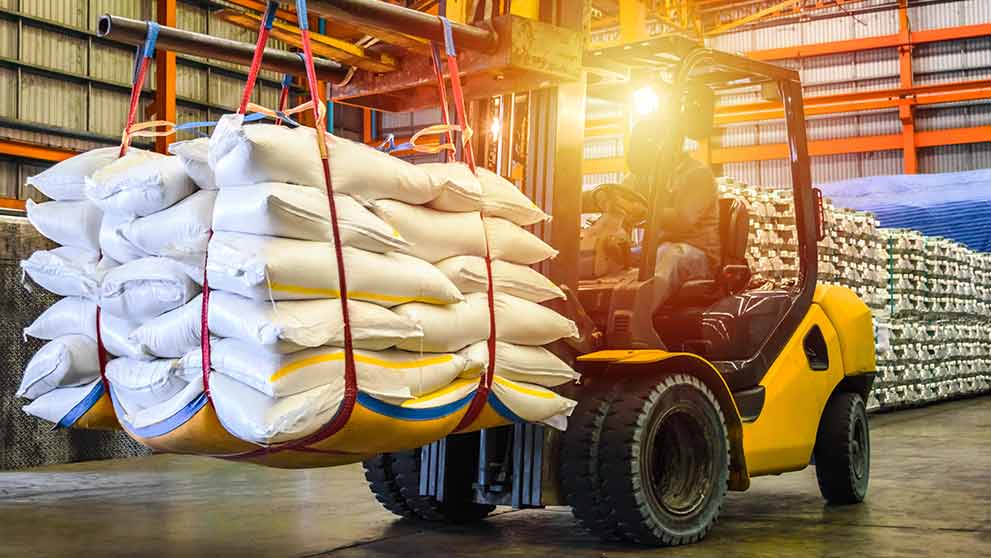The Importance of Quality Raw Materials
The excellence of your products often hinges on sourcing superior raw materials. In many cases, this means importing them since local options may be limited. However, the process of importing can be daunting. From navigating customs procedures to deciphering intricate policy documents and managing logistics, it’s easy to feel overwhelmed. This guide aims to simplify the process, empowering you to import raw materials with confidence and ease.
Key Factors Influencing Import Costs and Availability
When considering importing raw materials, several crucial factors come into play:
Currency Exchange: Fluctuations in currency strength can greatly impact import costs. For instance, a weaker Nigerian Naira increases expenses, whereas a stronger Naira reduces them.
Global Trends: Market demands and availability significantly affect the pricing of imported goods.
Taxes and Policies: Government fees and regulations can influence both the cost and the complexity of importing materials.
Local Rules and Regulations: Adherence to customs duties and product standards can add to the expense of importing.
Supplier Reliability: The dependability of your international supplier is vital for consistent supply.
Shipping and Logistics: Costs, transit times, and shipping methods can all affect the final price of imported goods.
Understanding these factors enables you to make informed and strategic decisions regarding your imports.

Sourcing Reliable Suppliers
Finding a dependable supplier is fundamental to successful importing. Seek out suppliers who offer high-quality materials, adhere to production schedules, and guarantee timely deliveries. This phase involves diligent research, sample requests, and clear communication of your requirements. Building strong relationships with reliable suppliers is crucial for long-term success.
Navigating Import Regulations
Importing goods into Nigeria necessitates compliance with specific procedures:
Classify your items using the Harmonized System (HS) code and submit a Pre-Arrival Assessment Report (PAAR) before your goods arrive.
Obtain essential documents such as Form M, SONCAP certification, commercial invoice, insurance certificate, customs declaration, and certificate of origin. Food and medicine imports require NAFDAC registration.
Upon arrival, complete a customs form and pay taxes within ten days.
Navigating Customs Procedures
Customs procedures can be a challenge, but following these steps ensures smooth clearance:
Confirm that your goods are legally importable into Nigeria.
Register for a Tax Identification Number (TIN) with the Federal Inland Revenue Service (FIRS).
Obtain a Product Certificate (PC) and submit an e-Form M and a SONCAP Certificate.
Submit a Pre-Arrival Assessment Report (PAAR) before the goods arrive.
Upon arrival, submit a customs declaration and provide all necessary documents.
Pay the required duties, taxes, and fees.
After payment and inspection, request the release of your goods.
Proper documentation and adherence to regulations are paramount to avoid delays, seizures, fines, and damage to your reputation.
Managing Import Costs
Here are strategies to minimize import costs:
Shipping Fees: Negotiate with shipping companies, choose efficient routes, order in bulk, and consider various transportation modes.
Customs Fees: Correctly classify imports and utilize Free Trade Agreements (FTAs). Explore duty drawback claims and customs brokerage services.
- Import Taxes: Understand Value-Added Tax (VAT) rules, comply with withholding tax regulations, and seek tax benefits.

Leveraging DHL’s Expertise
DHL offers a range of international shipping solutions to meet your needs. Their services include:
Fast air shipping for urgent deliveries
Cost-effective ocean shipping for large consignments
Flexible road shipping for local deliveries
Efficient rail shipping for long distances
DHL also provides customs clearance support and ensures compliance with international trade regulations. Partnering with DHL Logistics guarantees timely deliveries, tailored solutions, competitive pricing, and real-time shipment tracking.
By following this guide and leveraging expert services like those offered by DHL, you can streamline the import process, ensuring your business runs smoothly and efficiently.














